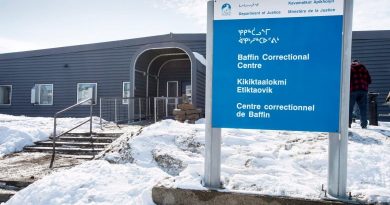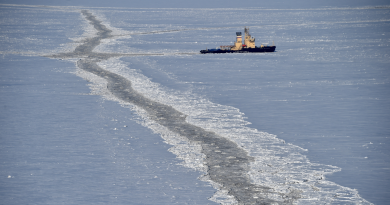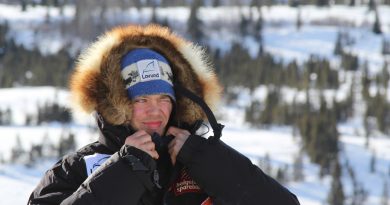Greenland reexamining COVID-19 rules after cases surge in Denmark
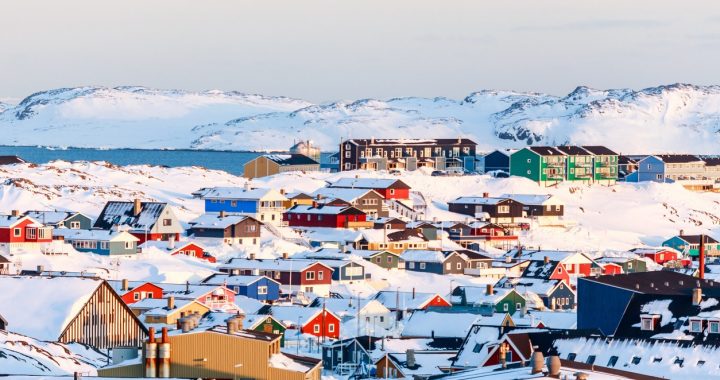
Greenland’s home rule government is currently reexamining its COVID-19 related executive order after a surge of cases in Denmark and nearby jurisdictions like Iceland and the Faroe Islands.
“Denmark is now in the second wave of the COVID-19 pandemic, where Greenland has so far avoided an actual first wave,” said Greenland’s Health Minister Anna Wangenheim in a news release on Friday.
“It has succeeded due to a successful effort with controlled entry, and because all citizens have taken great responsibility and followed the health professional advice. If we are to continue to succeed in keeping COVID-19 infection to a minimum, we must all take responsibility again. We know the health professional advice – but we must also follow them.”
New recommendations
On Friday, the government announced new recommendations for travellers coming to Greenland from so-called “red” municipalities, places with a high infection rate, in Denmark. The recommendations include the travellers being retested 5 days after arrival, and avoiding social interactions until it’s completely ruled out that the traveler is infected with COVID-19.
The government has also implemented rules for employees which include avoiding meetings with arrivals from Denmark or other countries unless absolutely necessary. The government is asking companies to do the same.
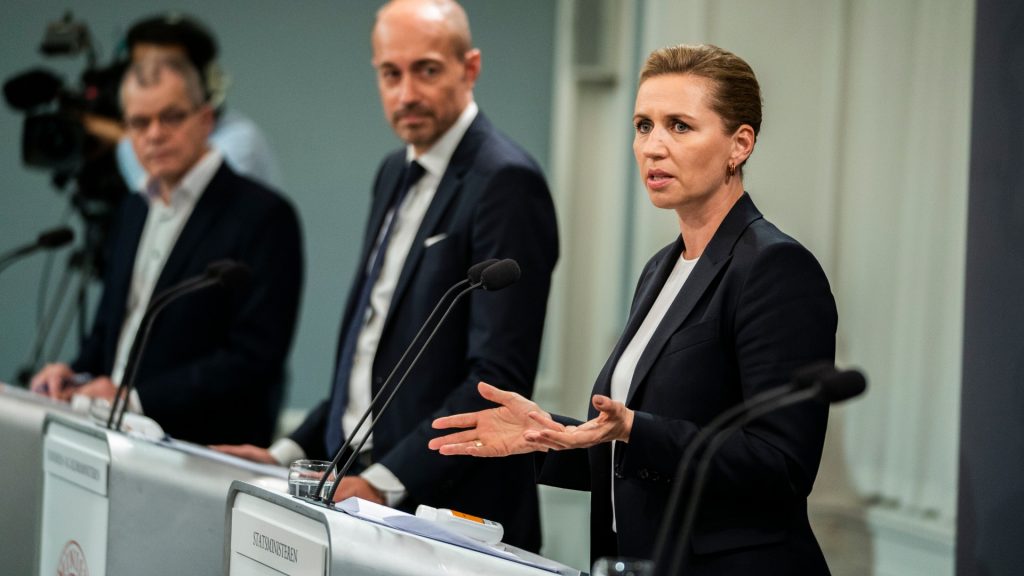
Greenland has had a total of 14 confirmed COVID-19 cases since the pandemic began but all individuals have since recovered.
On Friday, Denmark’s Prime Minister Mette Frederiksen held a streamed press conference on COVID-19 and said there’d been 454 new confirmed cases in the previous 24 hours, near the all-time high of 473 in April.
Frederiksen said Denmark was putting a series of measures in place until October 4 – including limiting public gatherings to 50 people down from 100 and closing bars and restaurants at 10pm – in an effort to stop infections from spreading.
Write to Eilís Quinn at eilis.quinn(at)cbc.ca
Related stories from around the North:
Canada: Chamber of Commerce in Canada’s Northwest Territories balks at price tag for new COVID-19 secretariat, CBC News
Finland: Finnair to end flights to five regional airports, including to Kemi, Lapland, Yle News
Denmark: Faroe Islands updates COVID-19 guidelines for travellers, Eye on the Arctic
Greenland: Greenland approves revised COVID-19 strategy, Eye on the Arctic
Iceland: Iceland orders four-day closure of Reykjavik-area bars after uptick in COVID-19 infections, Eye on the Arctic
Sweden: Finland, UK to remove travel restrictions on Sweden, Radio Sweden
United States: To stop coronavirus, Arctic communities took matters into their own hands. Can it last?, Blog by Mia Bennett

